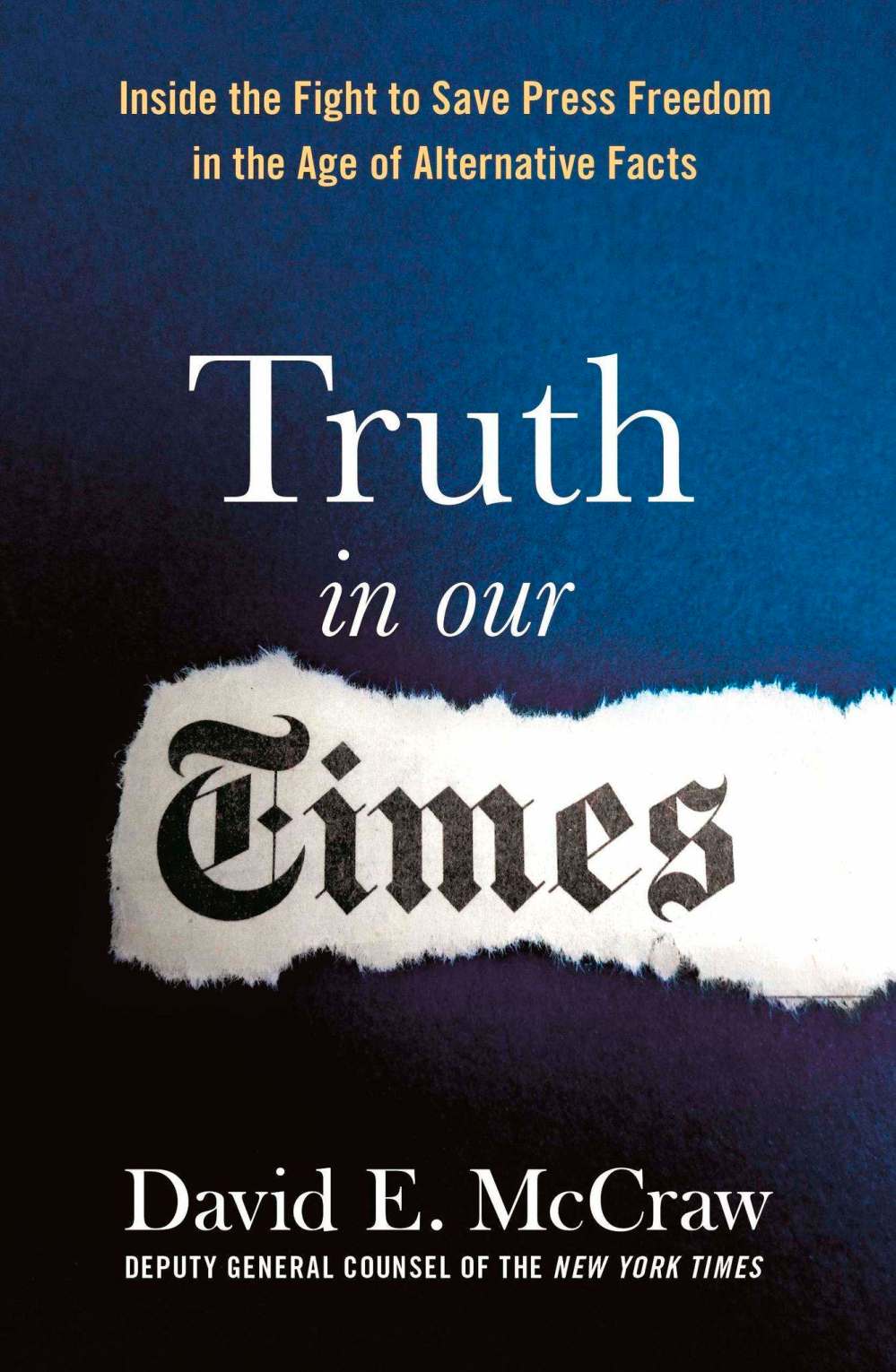Times lawyer’s musings on truth refreshing
Advertisement
Read this article for free:
or
Already have an account? Log in here »
To continue reading, please subscribe:
Monthly Digital Subscription
$1 per week for 24 weeks*
- Enjoy unlimited reading on winnipegfreepress.com
- Read the E-Edition, our digital replica newspaper
- Access News Break, our award-winning app
- Play interactive puzzles
*Billed as $4.00 plus GST every four weeks. After 24 weeks, price increases to the regular rate of $19.00 plus GST every four weeks. Offer available to new and qualified returning subscribers only. Cancel any time.
Monthly Digital Subscription
$4.75/week*
- Enjoy unlimited reading on winnipegfreepress.com
- Read the E-Edition, our digital replica newspaper
- Access News Break, our award-winning app
- Play interactive puzzles
*Billed as $19 plus GST every four weeks. Cancel any time.
To continue reading, please subscribe:
Add Free Press access to your Brandon Sun subscription for only an additional
$1 for the first 4 weeks*
*Your next subscription payment will increase by $1.00 and you will be charged $16.99 plus GST for four weeks. After four weeks, your payment will increase to $23.99 plus GST every four weeks.
Read unlimited articles for free today:
or
Already have an account? Log in here »
Hey there, time traveller!
This article was published 06/04/2019 (2384 days ago), so information in it may no longer be current.
Since 1897, the New York Times’ masthead has borne the famous slogan: “All the News That’s Fit to Print.”
These days, author David McCraw, the Times’ deputy general counsel, has a big say in fulfilling that mandate.
He’s long provided legal advice about libel, freedom-of-information access, litigation and news-gathering to the paper’s newsroom and foreign correspondents. But since Donald Trump’s candidacy and subsequent presidency, his job description has expanded to rebutting allegations of “fake news” and claims of a parallel universe populated by “alternative facts.”

He’s ideally positioned for the role. He’s a University of Illinois journalism grad and was a reporter with a Davenport, Iowa, newspaper before going to law school.
Apart from its trenchant content, the biggest compliment due McCraw is that he doesn’t write like a lawyer. His delivery is crisp, witty and laced with self-deprecating humour.
It was, in fact, an unorthodox letter to then-presidential candidate Trump’s libel-threatening lawyers that first showcased McCraw’s prose for the world.
In October 2016, the New York Times printed a story about two women who said candidate Trump had groped them. Trump’s team of lawyers went into overdrive and sent the Times a letter alleging libel and demanding an immediate retraction and apology.
McCraw could have responded in kind with his own boring boilerplate legal letter denying the claim. Instead, he replied with a letter in defence of freedom of the press that went viral, and famously included the less-than-lawyerly phrase “piece of ass” (a reference to the then-wannabe president’s complying with a radio show host’s request to discuss the merits of his own daughter as a “piece of ass.”)
The book is about much more than Donald Trump’s playing fast and loose with the truth. But one other attempt by Trump at “libel chill” versus the Times bears mention.
All major-party presidential candidates since 1972 have disclosed their tax returns. Long before Trump ever ran for public office, he repeatedly promised to disclose his tax returns if and when he sought election to office.
Once he announced his run for the Republican nomination, he confirmed he’d disclose his returns if he became the party’s nominee. After he got the GOP nomination, he once again promised he’d release his tax returns. And after his election as president, he declared he’d soon release his returns. As of March 2019, he’s disclosed nada.
When the New York Times got a hold of a copy of his 1995 return, it revealed a US$916-million loss that could be carried forward to permit Trump to avoid paying personal federal income tax for the next 18 years.
Trump’s legal team threatened a libel action if the Times printed the return or information derived from it.
Which is pretty dumb lawyering. To succeed in the claim, Trump would have to prove either the return was fake or the information derived from it was false. There’s only one way to do that — disclose his actual tax returns. The libel threat soon evaporated.
During his tenure as a Times lawyer McCraw picked up a few skills they don’t teach in law school. He’s become a global go-to guy for negotiating the release of kidnapped Times reporters and freelancers with terrorist groups. He nicely captures the strategy, and stress, of getting captives in Third World countries released, alive.
Truth in Our Times is an engaging and remarkably easy read. It’s also a must-have for anyone interested in press freedom in the age of Trump.
Douglas J. Johnston is a Winnipeg lawyer and writer.
By buying through links provided on this page, you are supporting local writers, reviewers and book sellers.

